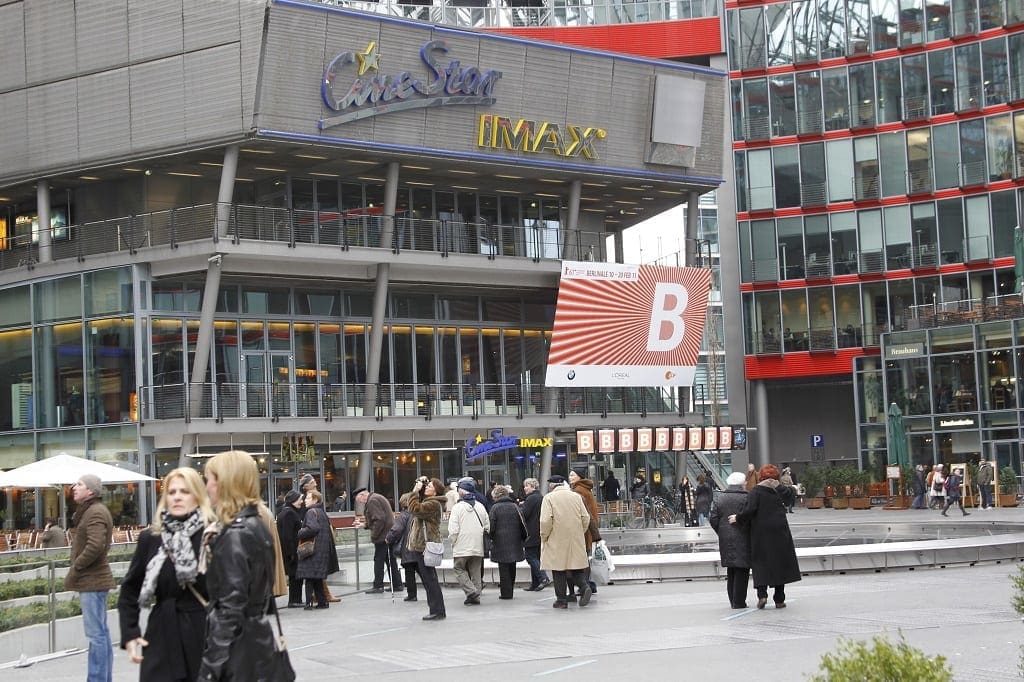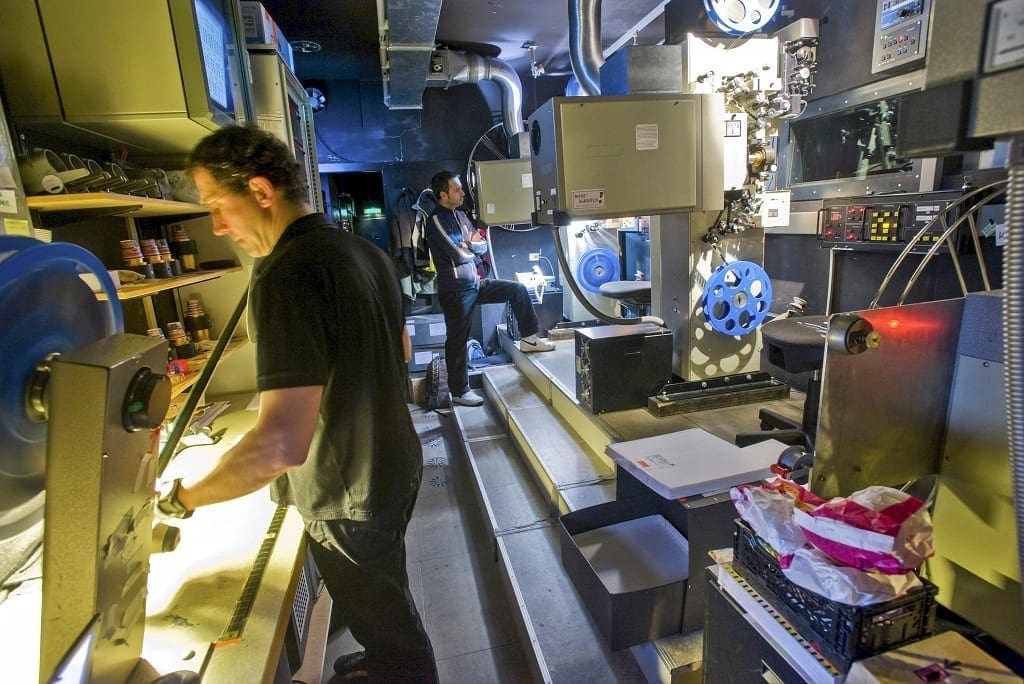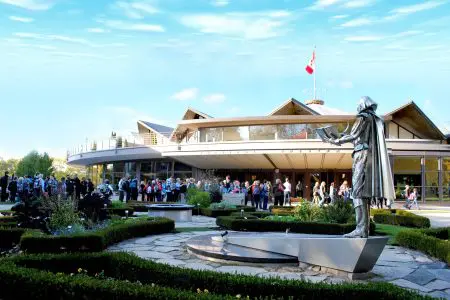
- This event has passed.
The Berlin International Film Festival, also known as the Berlinale, takes place every year and is one of the most important and most visited film festivals on the planet with films screened from all corners of the world.
In 2025 it will take place from 13 to 23 February.
History of Berlin International Film Festival (Berlinale)
Since its inaugural edition in 1951, the Berlinale has grown into one of the top three most famous and popular film festivals in Europe, together with the Venice International Film Festival (1932) in Italy and the Festival de Cannes (1946) in France.
Taking place every February in the German capital, the Berlin International Film Festival lasts about two weeks and shows some 400 films from all corners of the world, including European and international premieres. The films are shown in different locations across Berlin and cover any length, format and genre, such as international features, documentaries, youth films, alternative cinema and arthouse films. Every year, the Berlinale is visited by well over 200,000 film enthusiasts.

Berlinale Awards
The highlight of this silver screen extravaganza is the presentation of internationally recognised film awards of which the Golden Bear and the Silver Bear are the two most coveted prizes. The awards are divided into different categories including best film, best actor and actress, best director and best film music.
Apart from the official awards, there are also a number of prizes given to films and documentaries called the prizes of the independent juries. The members of these juries are not selected by the Berlinale while the awards often have an idealistic theme. For example, the Berlinale’s Amnesty International Film Award goes to the best film or documentary about human rights, and likewise the Peace Film Prize goes to films that promote peace while delivering their message with a skilful aesthetic.

The Berlinale: more than a film festival
The Berlin International Film Festival is more than its title implies. It’s a veritable source of inspiration not only for the wider film-loving public but also for thousands of audiovisual professionals. Apart from its film screenings, the Berlinale also organises plenty of workshops, panel discussions and a European Film Market where more than 400 film companies and over 10,000 professionals from all over the world meet each other.
Other initiatives include the networking platform Berlinale Co-production Market; the World Cinema Fund (WCF) which supports film projects in countries with a less developed film infrastructure; and Berlinale Talents which put film stars and innovators into direct dialogue with the audience and hundreds of new and upcoming talents during panel discussions and workshops.

Programme of the Berlin International Film Festival 2025
The full programme details of the 2025 Berlinale, including all locations and screening dates, will be available on the Berlinale’s website.
Todd Haynes will head the International Jury, while Tilda Swinton will receive an honorary Golden Bear.
Short history of the Berlin International Film Festival
The Berlinale’s first ever edition took place in 1951 with Alfred Hitchcock’s Rebecca as the festival’s opening film. Since then it’s grown to become one of Europe’s most popular film festivals.
Created at the onset of the Cold War, the Berlin International Film Festival was meant as a showcase of the free world in what was then still a divided city. Amongst the major film festivals, the Berlinale is still considered as the most political one and as an important platform where social issues are explored with a critical cinematic eye.
Over the years, many film directors were ‘discovered’ at the Berlinale and awarded a Golden Bear, including Michelangelo Antonioni, Ang Lee, Sidney Lumet, Asghar Fahradi and Costa-Gavras. More recent premieres at the Berlin International Film Festival that went on to become commercially very successful were Wes Anderson’s The Grand Budapest Hotel and Richard Linklater’s Boyhood, as well as the Hungarian film On Body and Soul which won the Golden Bear in 2017, and the Chilean drama Una Mujer Fantástica which would later win the Oscar for Best Foreign Language Film at the Academy Awards.
Where does the Berlinale take place?
The Berlinale Palast is the theatre for the films participating in the Competition, but the festival takes place at different locations all over Berlin.
Berlin Film Festival and Sustainability
You can discover the festival’s sustainability policy here.
Berlin International Film Festival 2025 dates
In 2025 it will take place from 13 to 23 February.
Berlinale ticket info
Tickets will be on sale at the Berlinale website.
Things to do in Berlin while there:
There is an unusual high number of things to do in Berlin and places to visit, while the city is also one of the best places in Europe for going out at night with plenty of restaurants, bars and clubs at famous nightlife spots such as Oranienstraße and the Kurfürstendam.
Other must-visit parts include Kreuzberg where you might feel the 1980s haven’t finished yet, while Germany’s capital is also home to great examples of Berlin Bauhaus, one of the 20th century’s most influential architectural and artistic movements.
For further details on the Berlin International Film Festival 2024:
Browse the Berlinale’s website or Facebook page for the latest updates.
Cover photo by Richard Hübner showing the red carpet at the premiere venue for the Berlinale Competition. All photos courtesy of Internationale Filmfestspiele Berlin.



